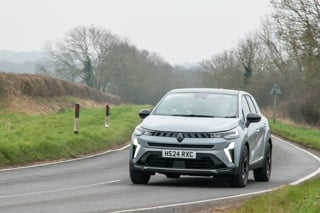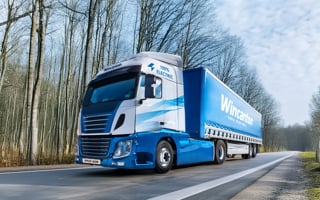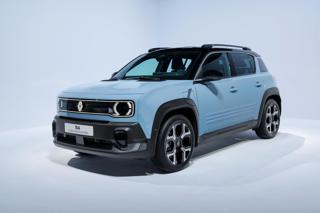Fleet operators need to introduce electric vehicles in significant numbers now if 2020 targets are to be met.
Andy Heiron, head of electric vehicle programme at Renault, told delegates at the Fleet News Congress: “The World Wildlife Fund has put in a suggested target of 1.7 million electric vehicles on the roads by 2020. If we are to have that impact we need to act now.”
He believes that the electric vehicle is “central to decarbonising transport and reducing emissions” because, unlike the hydrogen fuel cell, “it can be done today”.
“It’s practical, it’s viable and because of that we can create the impact,” he said. “Impact has to come by not having a few token vehicles running around but by having thousands, then tens of thousands, then hundreds of thousands.”
He argued that electric vehicles are practical because 87% of people drive less than 40 miles a day and a third of ‘B’ segment cars never travel more than 100 miles in a single trip.
He said that things will “only become easier” as infrastructure becomes stronger, battery technology moves on and other developments happen to make them more efficient.
He also argued that electric vehicles are affordable because of Government grants and schemes such as Renault’s affordability model that combines low upfront pricing in line with the price of diesel cars.
“You can make a sensible economic case to put electric vehicles into your fleet,” he said.
However, he said that Government grants need to be in place for several years to come –even if the price of batteries reduces by a third.
He also admitted that manufacturers are unlikely to create a universal battery that can be swapped, pointing out that Renault’s own electric vehicles have different shaped batteries.
Toyota Lexus, on the other hand, is putting its faith in hybrids and does not believe that the mass market will move to electric vehicles in the next few years.
“We believe that full hybrid is the right technology for the future,” Thomas Rosselle, manager, CSR and environmental affairs, at Toyota and Lexus fleet services said.
In the next 10 months Toyota and Lexus will be introducing hybrid to “new markets in the segment”. These include the Prius Plus with 99g/km, which Rosselle said “is the lowest emitting seven-seater”, the Prius plug-in hybrid and the Yaris hybrid.
“The Yaris hybrid will be the first full hybrid supermini,” Rosselle said. “That’s a massive step forward because it means we are introducing full hybrid technology to the biggest volume segment in the UK.”
Beyond the next 10 months Rosselle said they would be “introducing even more full hybrid product to the mainstream”.
“By 2020 every model in the Toyota Lexus range will have a hybrid derivative. By that point 50% of our volumes in UK should be hybrid.”
The manufacturer is also working on a pure electric vehicle and fuel cell hybrid vehicles.
“We believe we can bring our first fuel cell hybrid to the market by 2015,” he added.





















Login to comment
Comments
No comments have been made yet.